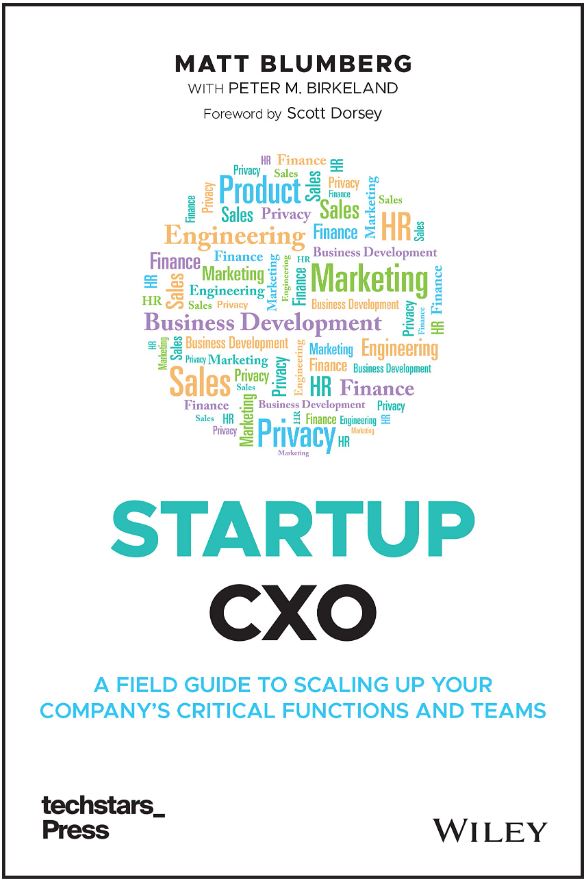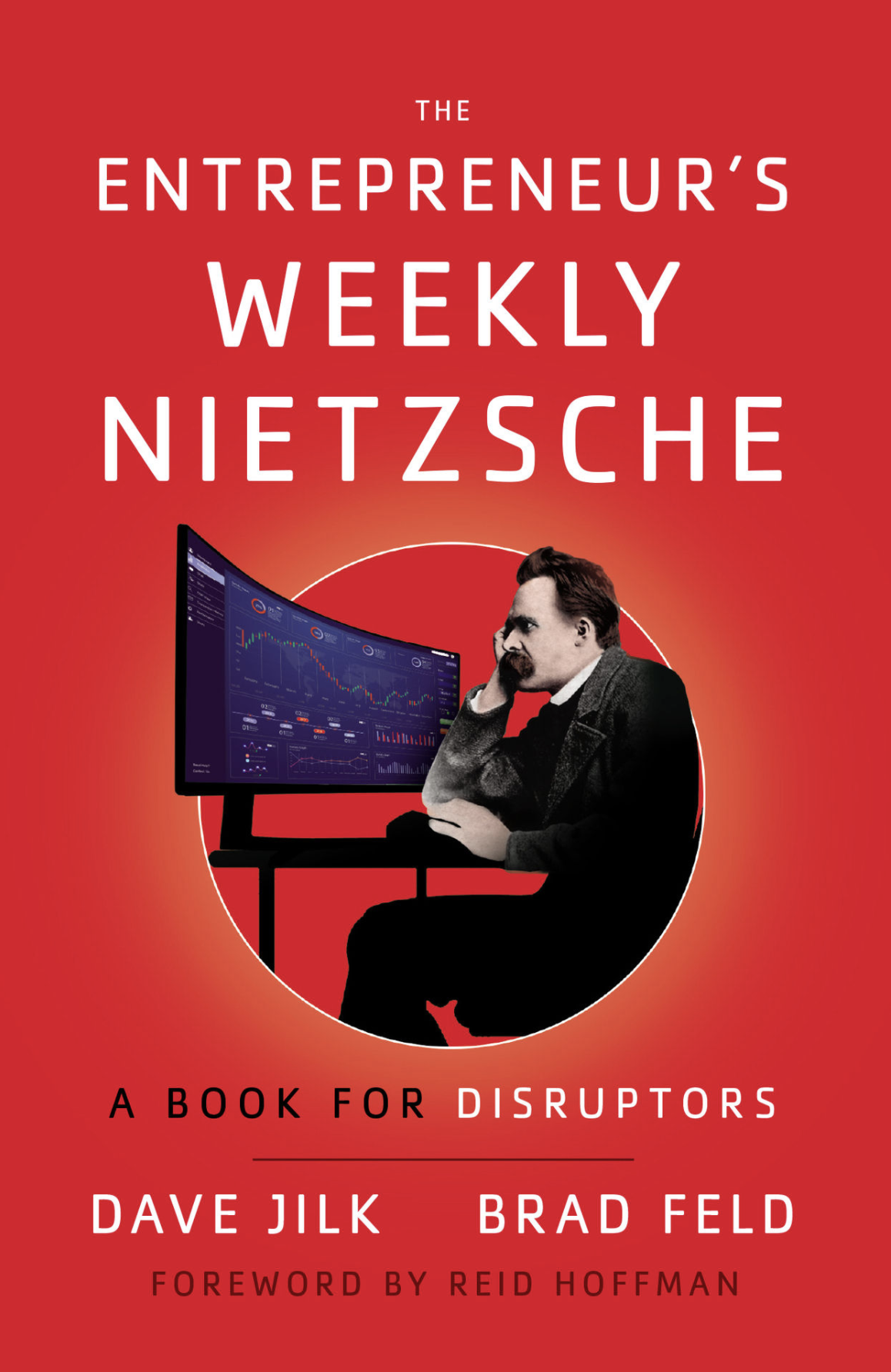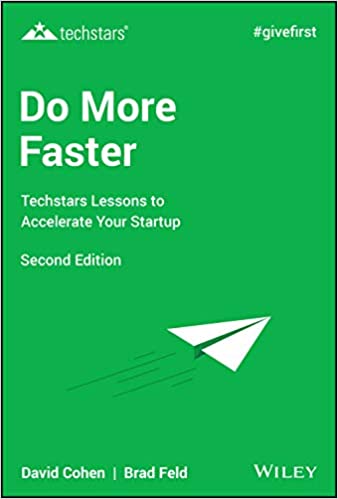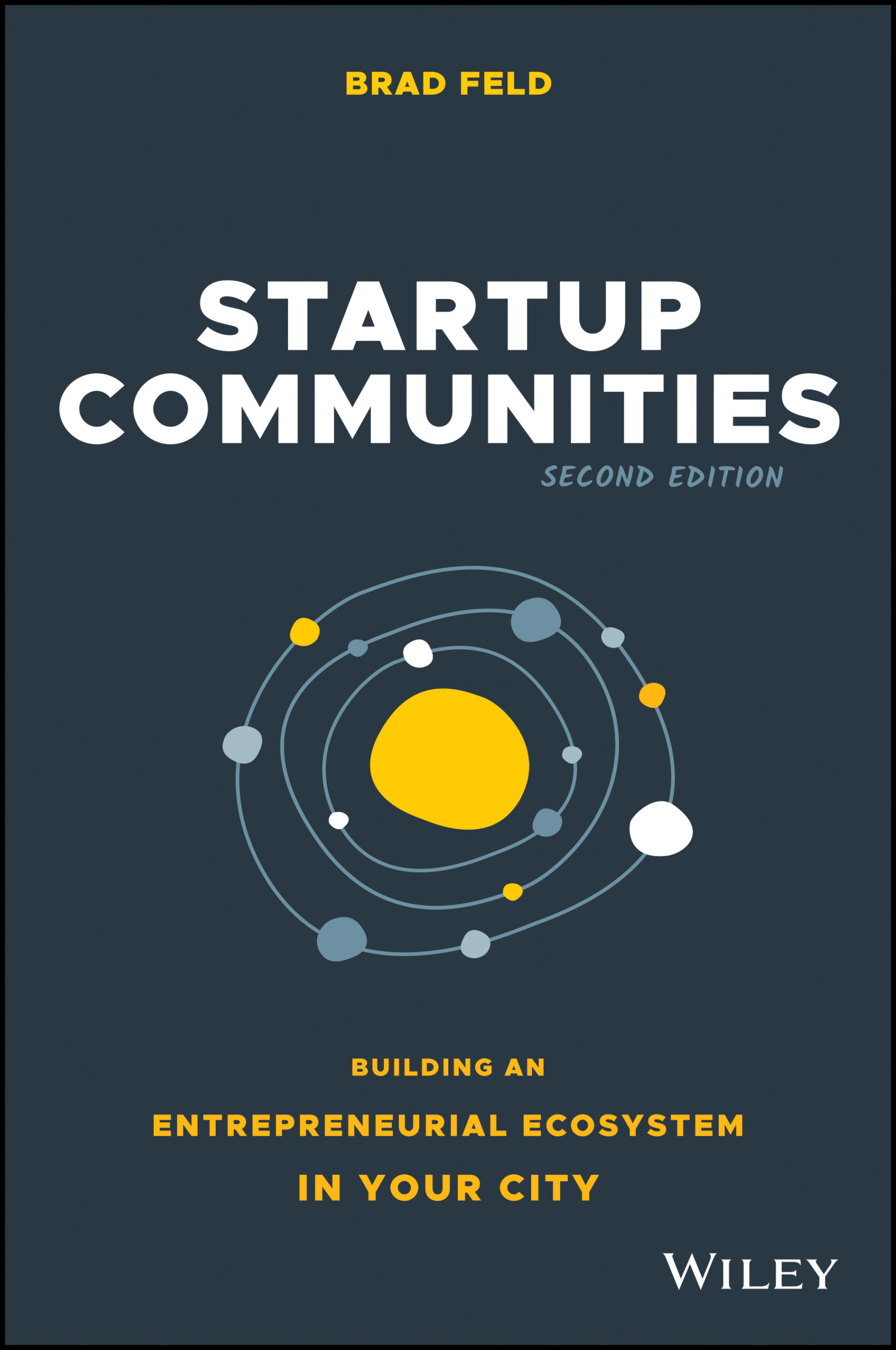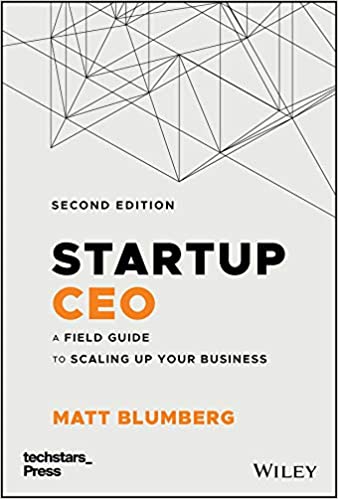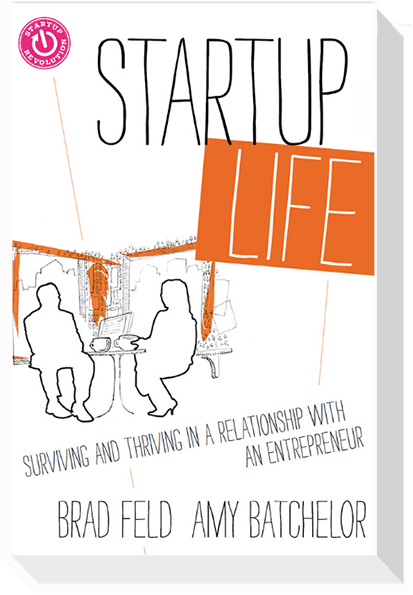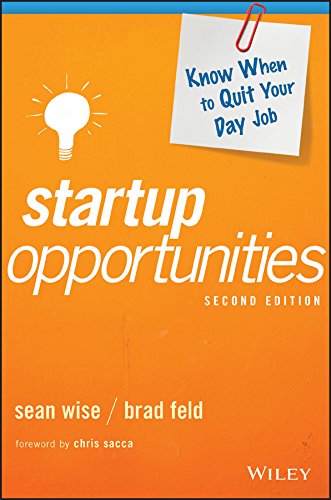Building an Open Coffee Club that Lasts
Guest Post By Jason Mendelson – Foundry Group – (Managing Director)
One of the premises of creating a vibrant startup community is the ability of the local ecosystem to interact in meaningful ways. This doesn’t mean holding large annual events or award ceremonies, but rather have events that occur on a regular basis, are open to all and help create connective tissues between participants.
I wrote about starting a local chapter of the Open Coffee Club as one of these events in Startup Communities (p84-87). Since then, there have been questions about how to run and scale an effective club that will sustain the community’s interest over time.
The most common question is “who runs the club?” The real answer is: the community. Over time, there can’t be one person who is the leader, rather the community must decide the agenda and the structure of the event. Realistically, this means that natural leaders will start to take charge, but having turnover in these leaders and making sure that the group’s needs are met are key. Having leaders with agendas or egos attached to “leading” the open coffee club is anathema to what the club should be about. Make sure that part of the regular discuss is “what do we do next?” We’ve been very fortunate to have leaders at our club who have no personal motives and are open, transparent and listen to what folks want.
As for the discussions, we have 70 people for each meeting and there needs to be some structure. We usually start with current events (tech / startup focused, but not always) and then we riff off that. Everyone is part of the discussion and we don’t break off into separate groups. That is what the pre and post networking time is for. After current events, we open the flow to anyone. Topics can range from company specific, to fundraising pitch feedback, to hiring needs, etc.
The first Boulder Open Coffee Club had nine attendees. Now it’s upwards of 70 and we completely pack the coffee shop. We’ve moved around over time to find a location that supports us and can handle the rush of people. We’ve considered relocating to accommodate more people as we regularly turn away folks who want to attend, but that would force us into going somewhere that isn’t a coffee shop. It would most likely be an educational, hotel or large company venue and that just doesn’t “feel” right for us. Also, there is something special about keeping it smaller, as people get to really connect with each other and the discussions are much more personal. I’ve always been incredibly impressed how open people are in their discussion topics and I fear that would chance if the event were to grow any bigger.
Bottom line: have a strategy for scaling and how the events will be run. Our experience may not work in your location, but it’s worked really well for Boulder.

